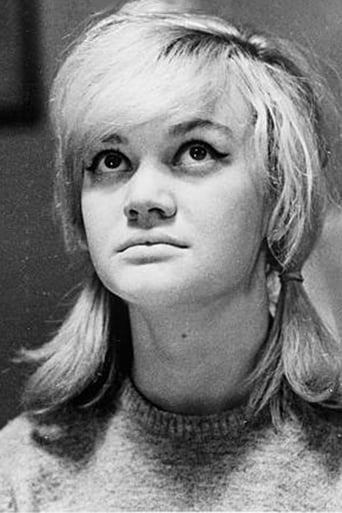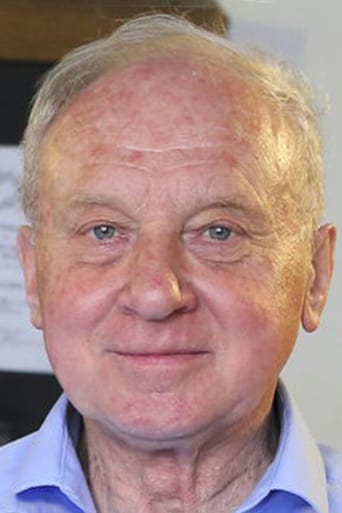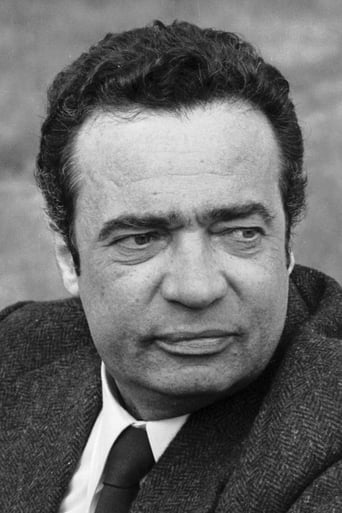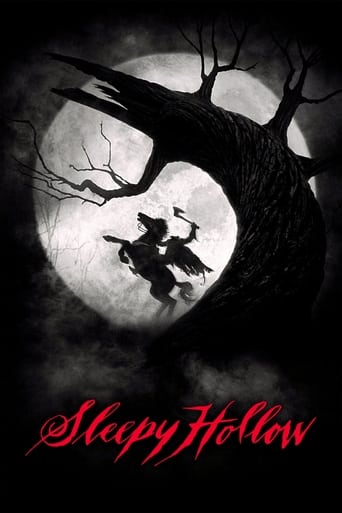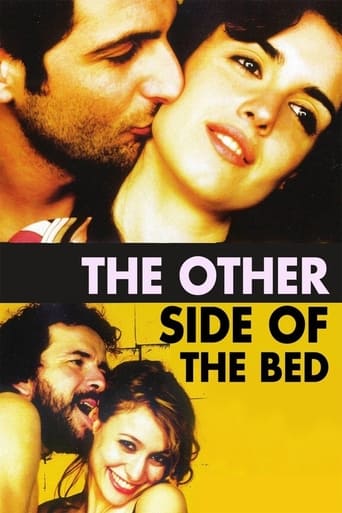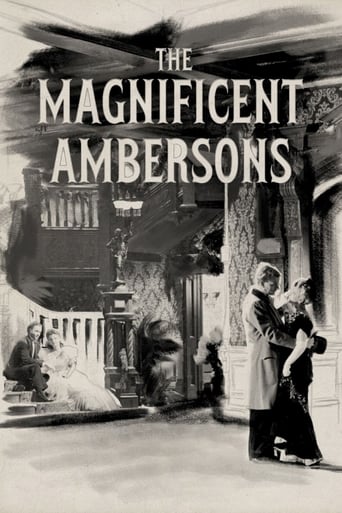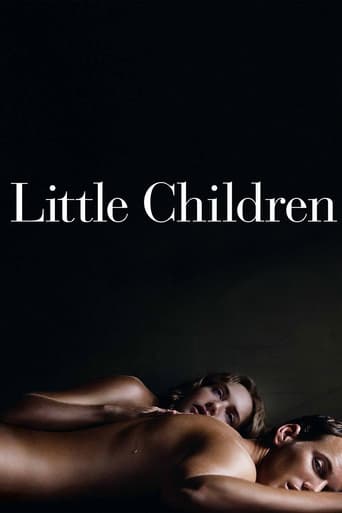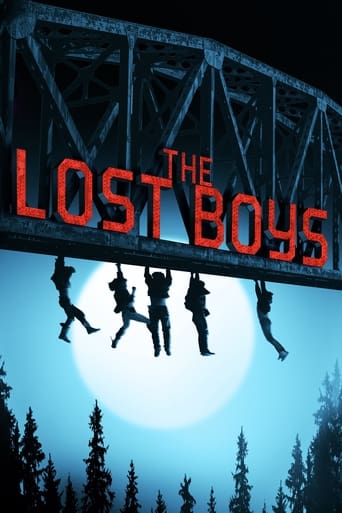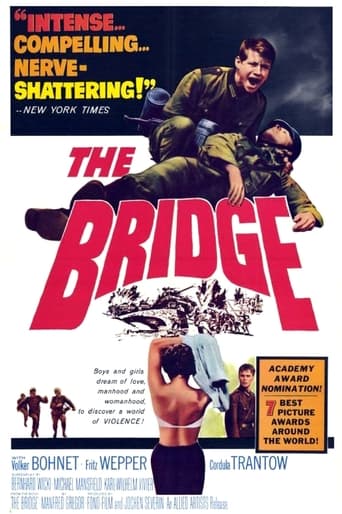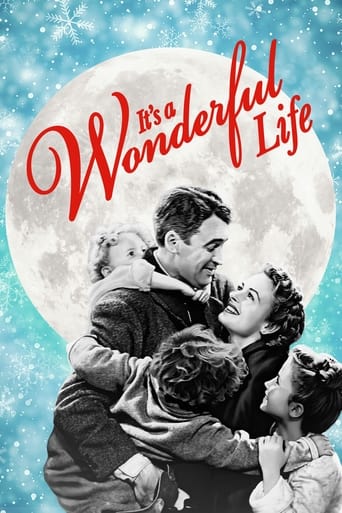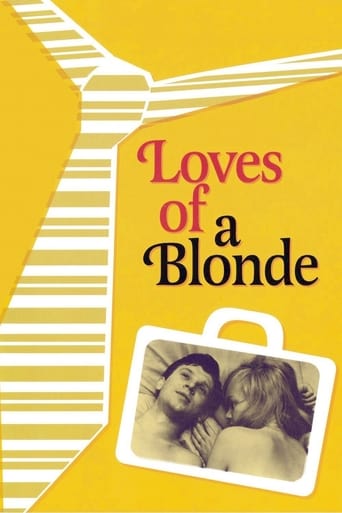
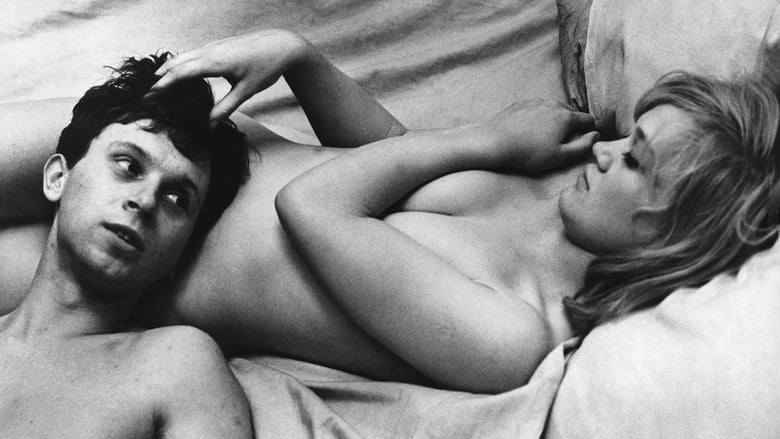
Loves of a Blonde (1965)
Andula, an innocent Czech girl from a factory town, is desperately in search of love. She believes she's found it when she beds Milda, a charming young musician visiting from Prague. Milda, however, is only looking for a casual encounter, and leaves town assuming he'll never see Andula again. But when Andula doesn't hear from him, she packs up and heads to Prague, to the surprise of Milda and his parents.
Watch Trailer
Cast


Similar titles
Reviews
Maybe a strange observation, but feels a wee bit English to me. It's not that there is a 50's franticness or a 60's anger about it - indeed, the opposites apply. It's maybe just the social-club feel with it's drinking and smoking, dancing and courting.So, what's it about? A blonde girl falls for a young musician who knows how to make the most of his charms. He then just wants to move on to his next affair, but she has decided that they are in love, and tracks him down to his parent's house. That's about it, and this is where Forman is clever - biting off only what he can easily chew, a simple situation that most adults can relate to, adorned with comedy, romance and, for those not Czech, a wee bit of foreign curiosity.It's genuinely funny, engaging, light and gentle.
Czech-American screenwriter, professor and director Milos Forman's second feature film which was shot in 1964, entirely on location in Zruc nad Sázavou and written by Ivan Passar, Jaroslav Papousek and Milos Forman, tells the story about a young working-class woman named Andula who lives in a small town called Zruc in Czechoslovakia where the local men is outnumbered by the local female population. Andula is engaged with her boyfriend Tondo, but when she attends a social gathering with her friends Marie and Jana she meets a pianist named Milda and gets involved in a new romance.This slow-paced romantic comedy from the mid-1960s is a brilliantly written and directed social satire which portrays a young woman's non-conformist love life in a very low-keyed manner while making a sharp critique of notions of democracy during a period when the Czech government was still being ruled by a Communist regime. Slightly sad and charmingly humorous, this dialog-driven and condensed study of character from the Czechoslovak New Wave has a gifted cast primarily consisting of non-professional actors.The efficient bittersweet atmosphere which sets the tone and which is reinforced by the fine black-and-white cinematography by Milos Forman's frequent collaborator, Czech cinematographer Miroslav Ondríscek and the jazzy score by Czech composer Evzen Illín. Milos Forman's vividly narrated film gained an Academy Award nomination and a Golden Globe nomination for Best Foreign Language film in 1967, was nominated for the Golden Lion at the Venice Film Festival in 1965 and is emphasized by Czech actress Hana Brejchová's memorable and understated acting performance in her debut role as the charming Andula who is looking for love.
Milos Forman's Loves of a Blonde is a wonderful movie...sweet and awful. Sweet, because Forman gives us no one we can dislike as he tells us the story of Andula (Hana Brejchova), a young factory worker in the depressing town of Zruc, making endless pairs of shoes alongside dozens of other young women. Not Milda (Vladimir Puchott), the young piano player who comes to town with a band, seduces Andula, and then leaves for Prague. Not the factory bosses, or the other young women who are bored and eager for husbands (they outnumber the men 16 to one). Not even the regiment of aging, smoking, unattractive soldiers who were based in Zruc to lower the odds a bit. Not Milda's parents, who one day find Andula at their apartment door, suitcase in hand, because she gave her heart to Milda and took him seriously when he told her to come visit him in Prague sometime. And awful, in a desperate sort of way, because Forman let's us see the lives all these people live in a Communist society that is petty, officious and incompetent. We can smile at a lecture an older woman gives the young factory girls about maintaining their honor and dignity with boys; we can even smile when two young leaders stand up and call for a vote to dedicate all of them to this idea; and we can smile when every girl in the room raises her hand to vote in favor, none against and none abstaining. Then we realize it might not be a good idea to snicker at a vote in favor of honor when a boss thinks it would be a good idea. There are two long set pieces in the movie that are terrific. The first is a dance in town, held by officials so that the soldiers can meet the girls. We move around with the camera, listening in to the appalled girls as they really see these desperate, coarse guys, and listening to the guys as they eye the girls, drink for courage and, in one case, surreptitiously remove a wedding ring and then dropping it on the floor for all to see. There's that safe, chirpy dance music...the angling to get a girl to take a walk in the woods...the possibility that the bored girl will agree. The second set piece is in Milda's apartment in Prague. Andula has arrived unannounced. Milda is playing with the band at a nightspot and there are only Milda's parents to welcome her. And welcome they don't. They've heard nothing about her. It's clear Milda is in for a surprise when he gets home that night. Milda's mother is not someone you'd want for a mother-in-law. Milda's father is more realistic but not exactly comforting. Their apartment is a living space of ancient appliances, chipped paint and doilies. The nagging opinions of the mother and the exasperated gruffness from the father make us smile. Of course, they have the opposite effect on Andula, who now is close to tears. Forman seems to be quietly pointing out to us what living in Communist Czechoslovakia has come to mean. Poor Andula. Will she have a happy future with Milda? Or will she return to Zruc...wiser, perhaps, but with nothing better ahead for her. Watch the movie and hope for the best. Andula a nice person. Loves of a Blonde is so poignant and sweet it hurts a little. Forman used mainly non-actors for most the roles and he had a genius for either eliminating their self-consciousness or for making it work in the context of the story. The movie at the basic level of story-telling is effective because the people, from Andula to the bit parts of people at the dance, look and act like people who aren't acting. We wind up liking most of them and feeling indulgent toward the rest. The Communist regime eventually caught on to the picture of life in Czechoslovakia which Forman presented with such apparent good humor in Loves of a Blonde and The Firemen's Ball. It was happy to see Forman leave the country during the crackdown in 1968. Anyone who thinks Forman, when he came to America, lost his subversive sympathy for people who are at the mercy of institutions and governments needs to watch One Flew Over the Cuckoo's Nest, Ragtime or The People vs. Larry Flynt.
I was channeling surfing when I came across this movie. I was apprehensive at first when I realized it was a Czech film. I'm glad I gave it a chance. The conversations were amusingly realistic. I enjoyed the parents bantering about their son and his women. The easy flow of the story line and character development is something I like in my films. Woody Allen's black and white films came to my mind while I was taking in this undiscovered gem. I was only familiar with Milos Foreman's American releases such as Cuckoo's Nest and Hair. Now I will need to seek out his early overseas releases. The black and white celluloid accompanied with the 60s Czech background music made this a nice find.


